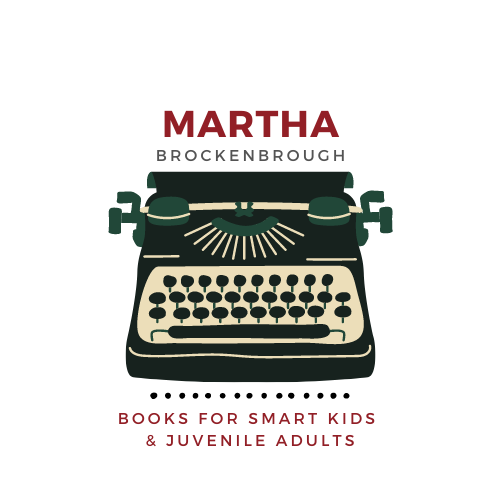 Cheryl KleinHello, writers and illustrators. It's time for another pre-conference interview with one of the SCBWI New York conference faculty. Have you registered yet? You can do so here — but do hurry!
Cheryl KleinHello, writers and illustrators. It's time for another pre-conference interview with one of the SCBWI New York conference faculty. Have you registered yet? You can do so here — but do hurry!
Meet Cheryl Klein. It wouldn't be difficult to imagine her in a Regency gown taking a turn around the room with — oh, I don't know, JANE AUSTEN — and happily trading witticisms, insights, and invaluable strategies for getting mud out of one's hems. Cheryl is simultaneously smart, witty, and relentlessly practical. There is also a timelessness about her, which is awfully refreshing at the high (or low) point of Kardashian Kulture, and I truly believe she could keep up with Miss Austen.
Cheryl is executive editor at Arthur A. Levine Books, an imprint of Scholastic. A Peculiar child (a reference to the Missouri town in which she grew up), Cheryl went to Carleton College in Minnesota, which I mention in part to note that the surrounding town smells like the nearby Malt-O-Meal headquarters.
She was the continuity editor of Harry Potter, and has edited many wonderful books, including A Curse Dark as Gold by Elizabeth Bunce; Words in the Dust by Trent Reedy; Marcelo in the Real World by Francisco X. Stork; and Eighth-Grade Superzero by Olugbemisola Rhuday-Perkovich (Cheryl is also the continuity editor of this amazing name). You can see the rest of her list here.
Finally, Cheryl wrote Second Sight: An Editor's Talks on Writing, Revising & Publishing Books for Children and Young Adults. It's an extremely smart and useful book for anyone in our line of work, and if you'd like a taste of it, you can find some talks on her site. I particularly enjoyed "The Essentials of Plot" and "A Few Things Writers Can Learn from Harry Potter." 
Cheryl took the time to answer a few questions before the conference:
How has the reception for Second Sight been? What hints and tips have people seemed to respond to most?
I've gotten a lot of really great feedback on Second Sight, and sales have been nice and steady — so much so that I'm about to do a second printing! Writers seem to respond most to the practical tips and techniques, like making a list of the first ten things a character says and does to see what sort of first impression s/he makes, and identifying your central plot structure and the points that need to be covered after that.
How do you know when a revision is working? Is it hard for you, as an editor, to retain enough distance?
A revision is working when I don't notice the issues anymore — or when I notice myself not noticing them, when I see a new clue laid in or plot development and think "Ah, nice work." Generally, though, after a good revision, the manuscript just feels better, and makes me feel more, and more deeply.
Distance can definitely be a problem, especially if we're working in a short time frame or we're on the second or third go-around, and then I'll often loop in our assistant editor, Emily Clement, for a fresh read. I also try to restate at the top of every editorial letter what the Points as we understand and have agreed on them are -- "Points" being my catchall term for the character's emotional journey (the Emotional Point), the overarching theme or questions the book explores (Thematic Point), and what the story is (Experiential Point). If we have those defined in front of us, then it becomes easier to judge whether or not we're meeting that standard.
What are you hoping people get out of your talk — can you give us a brief overview?
I'd like for people to come away thinking of revision as an opportunity rather than a chore — a chance to see your book and characters more clearly, to know your book and what you want to do with it better, and then to accomplish those goals. And then I plan to offer some techniques for accomplishing those goals! Hopefully it will be fast, and fun, and dense with information, and useful.
* * *
For more:
- Follow Cheryl on Twitter and read her blog here.
- Register for the New York conference here.
- Learn more about SCBWI.
